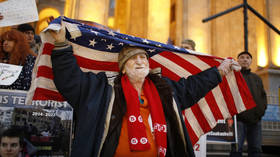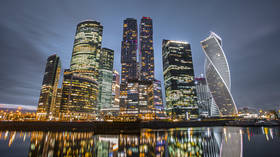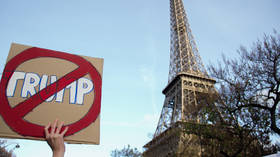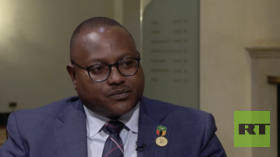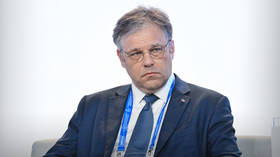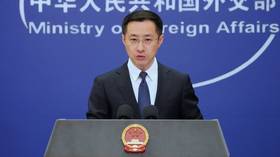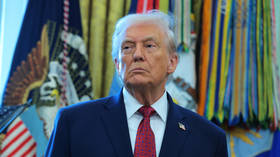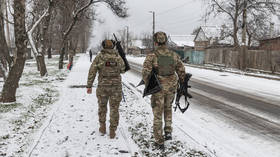Fyodor Lukyanov: Why is everyone looking for ‘foreign agents?'
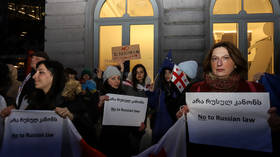
Georgia hit the headlines early this month over the government’s attempt to pass a law on “foreign agents.” The draft bill (there were actually two of them) was eventually withdrawn and the issue taken off the agenda for the time being. The case is unusual because the Georgian leadership – far from being pro-Russian and anti-Western – has suddenly been relegated to this niche by the international media.
Of course, everything is black-and-white these days, but the general topic is interesting in a wider context.
The concept of a "foreign agent,” which was introduced in the US on the eve of World War II to counter enemy propaganda, has found new life in the 21st century. Until recently, it was mainly used in polemics between Russia and the West. The latter accused Moscow of using the status to remove dissenters from the public space. Meanwhile, the Kremlin’s argument that the public has a right to know about foreign money being spent domestically is dismissed as a mere justification for restricting freedoms. The argument goes that “civil society” has the right to be funded “independently.”
Herein lies a fundamental contradiction that we are now likely to see everywhere more and more. The idea that cross-border funding of NGOs is not only acceptable, but normal and necessary, has become a product and a feature of the era of liberal globalization. This view of civil society has been logically derived from the conceptual approach itself. If the aim is to remove trade, economic and, ideally, political barriers and to create a single global regulatory space, then non-governmental structures must either have no national affiliation at all or be connected with international organizations as much as possible.
This contradicts the classical notion of civil society, the essence of which is precisely its bottom-up origin, i.e., that it should emerge domestically. However, the West believes the top-down approach is a good thing – when it suits it, of course.
Five years ago, US doctrine enshrined the return of great power rivalry as the core content of international politics. It drew a line under the previous period, which was more open. If this is the essence of world politics, then all the instruments are in play, and all the old themes, such as "money has no nationality" and "let information circulate without barriers,” can no longer be understood outside this context.
Over the past couple of decades, there has indeed been a high degree of openness on the part of states to both socio-political and information activities. This is partly due to the significant increase in the number of embassy staff after the Cold War – where the scope of work, including with civil society, has expanded. The impressive scale of mutual expulsions of diplomats after 2018 is linked to the collapse of relations, but also has an objective basis. Embassies are returning to more classical, i.e., narrower tasks, and there is no reason to have so many staff present.
The same phenomenon applies to restrictions on media activity, which was relatively freely tolerated after the end of the Cold War. However, the atmosphere in this area has changed as the dominance of Western sources in the information space has been challenged by other players.
In Western Europe and the US, measures against Russian and, to some extent, Chinese news channels have been explained by the fact that they are state-funded, while many of those from the West are private, in addition to their own state media.
Even if this is true (though by no means in all cases), the modern socio-political structure of Western countries includes a close intertwining of the state and non-state sectors. Thus, a structure which is formally independent can serve as an arm of the state. The opposite is also possible, although far less frequently.
Be that as it may, the departure from the previous model of economic and political globalization makes it impossible to expect that the old pattern of access to society will be maintained. And this is no longer a question of relations between Russia and the West. It is because Russia at first opened up as much as possible in the expectation of integrating into the Western community, but then began to reconsider this goal and dismantle the approach that had rapidly taken root in the 1990s and 2000s.
China, for example, despite its deep economic integration, never submitted its socio-political sphere to a substantial outside presence. But now an increasingly assertive control over who finances what and from where is becoming a common concern everywhere, regardless of the form of government.
Is there a risk in this new phase that all dissenters will be branded as foreign agents? Undoubtedly, yes – governments everywhere are driven by the same instincts. Unfortunately, this new phase is the inevitable consequence of the previous era of openness. The pendulum is now swinging back just as far as it went in the other direction.

